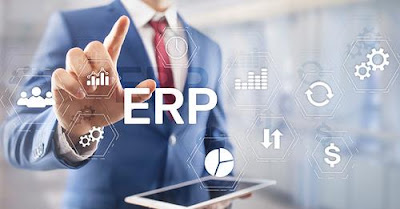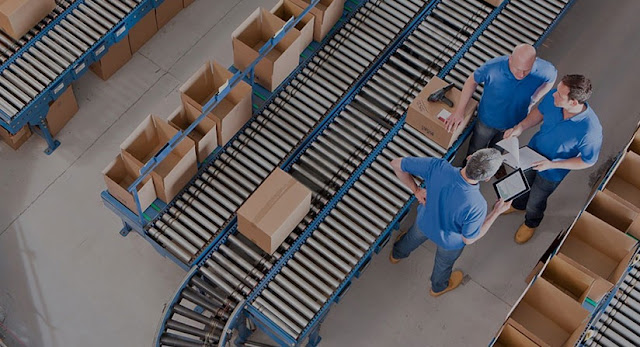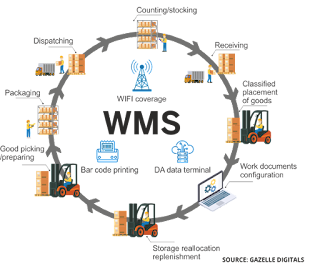Which warehouse management software (WMS) features do SMBs need most?
When you search about warehouse management system online, the web page is flooded with a huge array of links that focus on numerous WMS features and its benefits. Well, it goes without saying that warehouse management is a crucial part of any manufacturing and distribution sector as it controls and manages the day to day warehouse functions. Here is the list of some important WMS (warehouse management system) features that are required in every small and mid-sized organization – Seamless Integration with ERP Platforms Anytime, Anywhere Access to Data Cost-reduction through Utmost Optimization Inbound and Outbound Flow of Inventory Paperless Process of Inventory Transfer (Warehouse to warehouse) A powerful and reliable warehouse management system handles a variety of major and minor tasks including procurement, inspection, packing, put-away, acceptance, order assembly, shipping, warehouse transfers and so on. A WMS should be mobile-friendly that should help you generate reports, allow...




